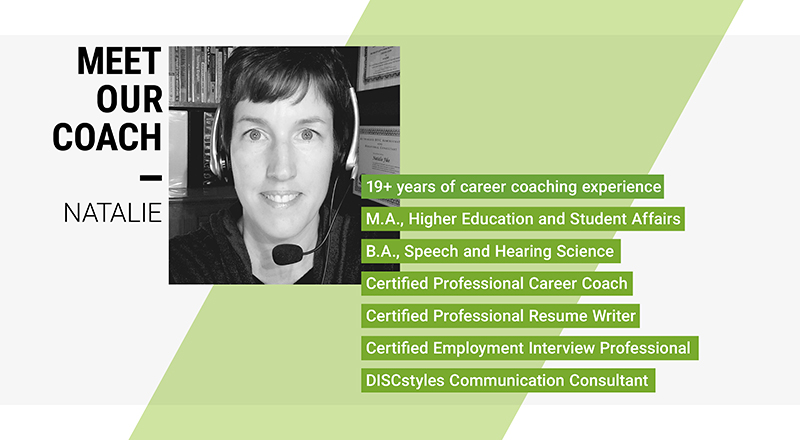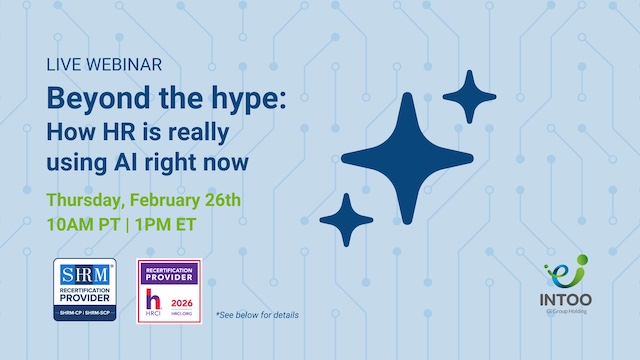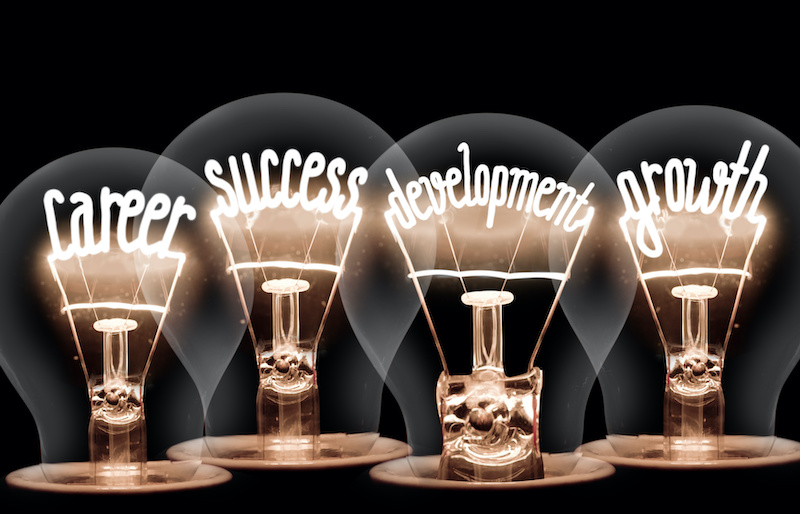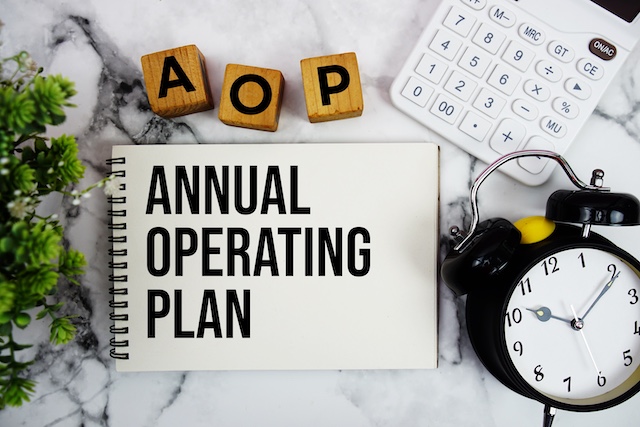Layoffs are one of the most challenging topics for job seekers to talk about during a job interview. The prospect of addressing past job loss brings up many urgent questions for candidates: Should I bring it up? How much detail should I go into? What can I say to frame my work history in a positive light?
To get some answers, we talked to Intoo career coach Natalie, who has more than 19 years of experience helping people find new jobs and careers. In this Q and A, Natalie shares her best tips for talking about a layoff experience with honesty and confidence.

“Why did you leave your previous company?” is a very common question during job interviews. For candidates who were laid off by their former employers, how would you recommend tackling this question?
The unfortunate reality of job loss, while confidence shaking at times for the candidate, is not a topic to mask or dodge in the interview process. It’s critically important to maintain perspective because interviewees will be received in the way that they present themselves. If the circumstance is addressed confidently, honestly, succinctly, and from a standpoint of learning, it’s going to be seen for what it is—just a small portion of one’s career story.
I share with candidates three main areas of consideration to focus on as they prepare to discuss the circumstances of their employment separation: mindset, honesty, and learning.
It all starts with self-awareness and coming to terms with your job transition. You are not interview-ready until you can view the event as professional rather than personal. This takes time and the process is unique to each individual. Avoid emotionally-charged language and any negativity that you may have initially felt about the event itself, other parties, and even yourself. Make sure you’re in a position to present your value in a way that is professionally focused.
Be prepared to speak about the circumstance of your termination in an honest manner rather than trying to hide the reasons and the timing. If the layoff was part of a larger restructuring that impacted numerous personnel, come prepared with the numbers. A truthful approach will demonstrate self-respect and that, in turn, will earn the respect of the other party. Keep the answer brief and factual.
Once the facts are out, focus on your learning. Speak about the skills that you gained and refined during employment at your former workplace. The capacity to learn from setbacks demonstrates perseverance. Discussing it openly displays a blend of humility and confidence that most employers seek. A challenge for so many is that the topic generates a sense of vulnerability. Any life transition exposes us in that way and it’s okay to feel vulnerable.
And keep in mind—a candidate who has experienced a layoff may be more available than some of their competitors to start right away. From the employer’s perspective, that’s an advantage. Consider how are you uniquely positioned in the search. Don’t apologize for or attempt to rationalize any circumstances that were out of your control or your influence. Instead, focus your attention on the prospective employer’s needs and be ready to talk about how you can meet or exceed their expectations.
What if you were laid off partly due to performance issues? Is this something you should talk about?
When asked the circumstances around your departure, one of the ideas in the employer’s mind may be determining whether this was a performance-based firing or layoff resulting from a reorganization or downsizing. The first step is to gain clarity on the nature of your separation from the employing organization. That information will influence the way you’ll present yourself in future interviews and communicate with the unemployment office in your state.
If your termination was performance-based and you’re asked to speak about it, the focus should be on what was learned. Demonstrate your ability to self-reflect, to assess your performance, to determine how you could have done things differently, and ultimately take steps to learn and minimize those gaps. Be ready to explain why the concerns that impacted your previous employment will not have the same impact on your future opportunities.
Are there common mistakes to avoid when talking about layoffs?
Yes. Avoid speaking negatively about yourself or other parties and focus the answer on achievements rather than emotions. Any fabrication of information or attempt to hide the reasons for and timing of a job transition could have negative impacts on future employability.
What if the layoff has created a gap in your resume?
Many candidates are concerned about gaps in employment. There are ways you tend to it upfront rather than attempting to cover it up. Coaches are prepared to collaborate with candidates on the best layout for their résumés and develop cover letters that elaborate on circumstances appropriately.
Be prepared to share what was learned during your time out of the workforce. Demonstrate the ways in which you’ve stayed up-to-date on industry trends, technology, and connections. Discuss how you’ve spent your time during the employment transition–reflecting on your goals and alignment with their organization, volunteerism/community leadership, classes/certifications, informational interviews/job shadowing, freelancing/contract work—as your efforts could be very relevant preparation for the next opportunity.
__
By offering unlimited, on-demand personal coaching from highly-experienced career transition coaches, Intoo’s outplacement solution helps companies retain positive relationships with departing employees and protect employer brand during a layoff or workforce change. Experience our advanced outplacement program firsthand by requesting a demo today, and learn how we can support your workforce’s unique needs.











